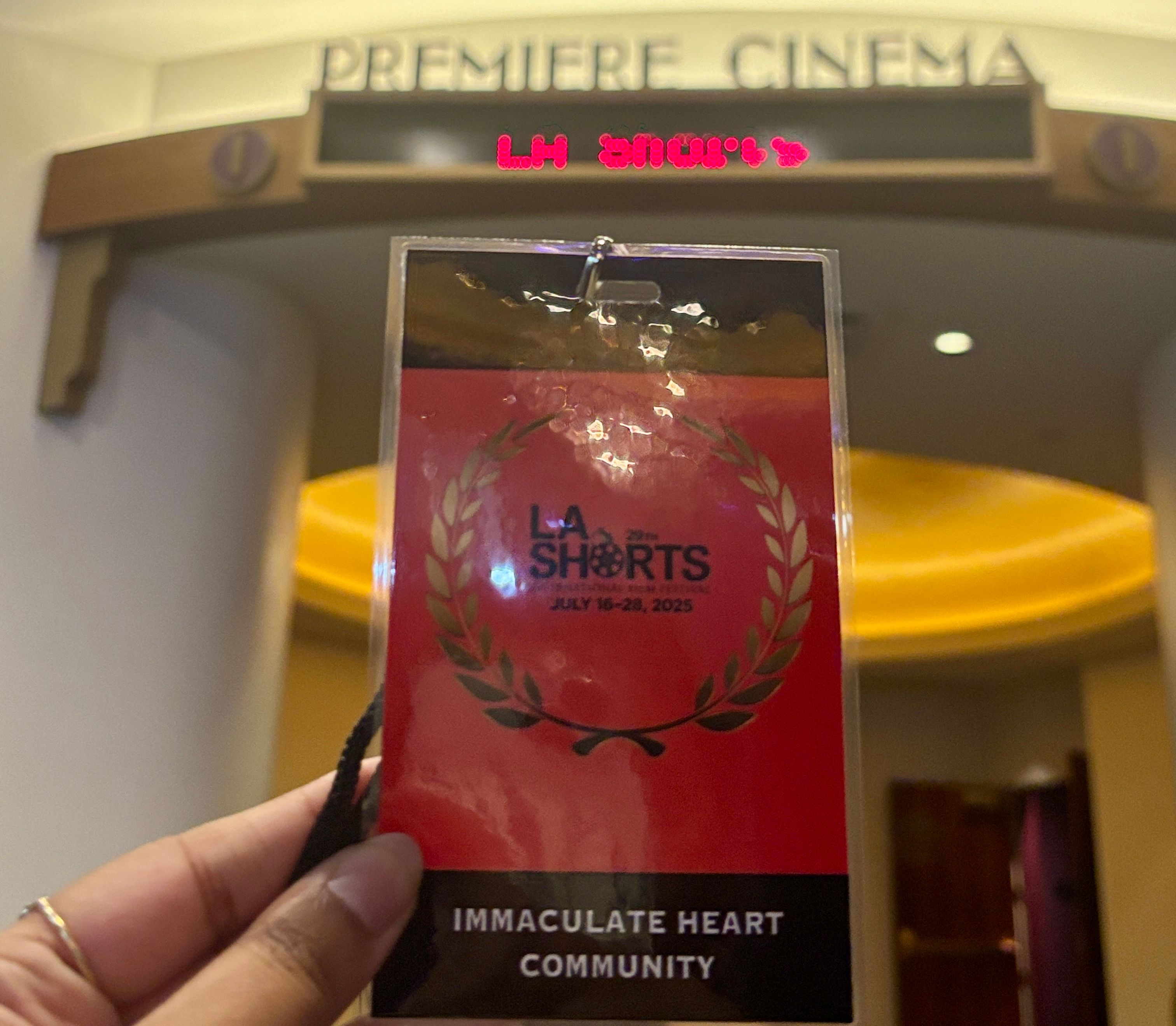Man's seemingly obvious 'dishwasher hack' is frying everyone's brain
He was hand-washing his plates for 10 years before realizing what he'd missed.

No one likes doing the dishes, but the tedious chore is made much easier when using a dishwasher. However, an alarming amount of people have reported that their dishwashers can actually make the job harder because they don't properly fit their dishes.
Some stuff is just too difficult or annoying to clean by hand. Wine glasses always come out smudgy. Anything that had grease or oil on it will usually come out of the sink with a little leftover film on it. Big cooking dishes like pots and pans with food caked on there? Good luck. The dishwasher is the perfect solution, except a lot of these things frustratingly never seem to fit!
And that's where Twitter user Mike McLoughlin (@zuroph) comes in. McLoughlin made an observation about his dishwasher that would change the way he does dishes forever.

For a decade, the Irishman thought that the bottom rack of his washer simply was too small for his large dinner plates. Then he made an amazing discovery: The top rack is adjustable. I repeat, the top rack is adjustable!
In a now viral post on Twitter/X, McLoughlin wrote:
"I moved into this house in 2008. It always annoyed me that the lower level of the dishwasher wasn’t tall enough to fit my biggest dinner plates. Been handwashing them all this time. This week I discovered you can raise the upper shelf and all my plates fit fine. TEN FUCKING YEARS" he wrote on X.
You can also lower the upper shelf to accommodate taller glasses, wine glasses, etc. So depending on what you're trying to wash, chances are your dishwasher can be configured to make it fit. Check your dishwasher's owner's manual (or look it up online if you don't have it anymore) for instructions, but most models have some kind of small plastic lever that you push in order to adjust the height.
Mind blown!
The tweet went totally viral, and was shared over 14,000 times. It seems McLoughlin wasn't the only one who didn't know most dishwashers had this feature.
The "hack" (is it still called a hack if the appliance is doing what it is supposed to be doing?) blew people's minds:
"err, not only you mate. I've been in this house 4 years and didn't realise..." a user wrote.
"Woke up this morning. Saw your tweet. Leapt out of bed and feverishly emptied top rack of dishwasher. Viola! Rack move up," said another
But other people were basically like, "Seriously, dude?"
A handful of respondents to the post were not impressed by McLoughlin's discovery. Apparently, for some folks, the movable top rack is common knowledge.
While a group of others tried to one-up McLoughlin with stories of their own:
"18 YEARS! I've had mine 18 years and only just realised! I used to lie the plates down so they would wash! I'm raging and ecstatic all at the same time. Do you have any other helpful hints about how to live life efficiently?!" wrote a user named Toby.

But mostly, people were just thankful for the knowledge, and thankful that they wouldn't have to keep living in the dark ages any longer.
Wait until they find out that in many models, you can remove the top rack completely! It's often a little more complicated, but once you do that, a whole new world of washing options open up to you. Without the top rack installed, your dishwasher can probably fit your biggest and most challenging pots and pants.
Okay, go on and check your own dishwasher. You know you want to.
This article first appeared seven years ago. It has been updated.






 lisa simpson help GIF
lisa simpson help GIF  Listen To It Season 1 GIF by The Roku Channel
Listen To It Season 1 GIF by The Roku Channel  Napoleon Dynamite GIF by Ben L
Napoleon Dynamite GIF by Ben L  Immaculate Heart Community sponsors opening night of the LA Shorts International Film FestivalKathryn Ross
Immaculate Heart Community sponsors opening night of the LA Shorts International Film FestivalKathryn Ross Bryan Cranston at the 2014 Peabody Awards.
Bryan Cranston at the 2014 Peabody Awards.  A woman is left out of a group project.via
A woman is left out of a group project.via  A "core memory" from 'Inside Out II'
A "core memory" from 'Inside Out II'  Even the simplest tradition speaks volumes.
Even the simplest tradition speaks volumes.